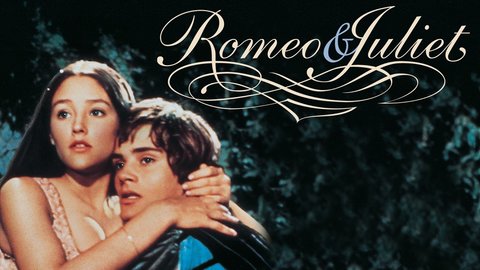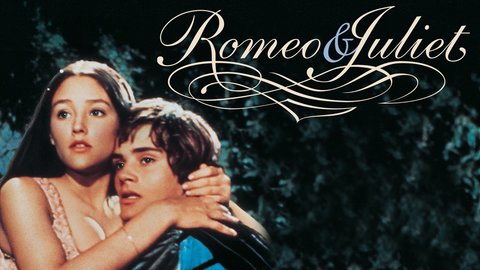Romeo and Juliet, the tragedy written by William Shakespeare, has a key focus on fate. Fate is explored in the play in different forms like metaphors, coincidences and the prologue.
“Two households, both alike in dignity, In fair Verona, where we lay our scene…” the prologue to Romeo and Juliet is practically a spoiler to the whole story. The reason for this is to show the power of fate, the Chorus (the ones who say the prologue) are proving that Romeo and Juliet’s fate is already set in stone before their tale actually begins, demonstrating that they have no control over what happens in their story since it’s already been planned out for them. Before the play has truly begun the Chorus reveals the end of the tragedy,“A pair of star-cross’d lovers take their life; Whose misadventur’d piteous overthrows, Doth with their death bury their parents’ strife.” The writing is very interesting as normally, you wouldn’t want to know how a movie ends before you see it; however, in Romeo and Juliet, you know the whole outcome of the play before it starts. Without the prologue, the story would feel very different and would be missing a key element of fate that has been embedded in the play.
In the play, Shakespeare uses metaphors to communicate internal thoughts in the characters’ heads. In scene four of act one, Romeo tells Mercutio and Benvolio about a dream he had the night before warning him of events that would lead to an “untimely death”. Romeo also says “He that hath steerage of my course, direct my sail” The metaphor used describes Romeo as a boat and a greater being as “He”. When Shakespeare was alive in Elizabethan times, there was a heavy push to the belief of God so we can assume that “He” is most likely God and/or some greater being; the fact that “He” is written with a capital ‘H’ also leads us to believe that he is talking about God. When Romeo is saying this he acknowledges that there is a greater power controlling his story and his life; he is implying that God is ‘steering’ his story so to speak and he is asking God or this greater being to ‘direct his sail’ in the right direction. This is a strong example of metaphors used in the play to show fate and how the characters may or may not believe in it.
There are many coincidences in the play that Shakespeare has written in as plot events. Romeo meeting Juliet was a lucky coincidence as they may have never met if the servant hadn’t been illiterate, if he hadn’t walked past the servant at the perfect time or if Rosaline hadn’t been on the guest list. If he hadn’t gone to the party (which he wasn’t invited to) he may have never met Juliet in his life, which also may have helped him evade such a soon death. Another coincidence was when Friar Laurence wrote a letter to Romeo explaining Juliet’s plan to fake her death (to drink a sleep potion and pretend to be dead) but sadly, the Friar who was supposed to bring this letter to Romeo was shut in a house under quarantine from an outburst of the plague. Because of this series of unfortunate events, Juliet was announced dead the next morning and with Romeo not being aware of her plan, believed she was dead. This led him to find Juliet just minutes before she would awake which is either a coincidence or extremely bad luck. This resulted in him killing himself by drinking poison, which he believed to be how Juliet killed herself, so he could join her in heaven. When Juliet woke up and saw Romeo dead beside her, she killed herself and for real this time. Coincidences were the beginning and end of their relationship and their lives. When Friar Laurence saw Juliet asleep next to Romeo’s dead body (not aware that her true love was dead yet) he said
“A greater power that we can contradict hat thwarted our intents” what he was saying was that a greater power had ruined their plans and he believes that this all comes down to fate. He believes that fate is what led Romeo to Juliet before she awakened. As said before, the Elizabethan era’s state religion was Catholicism in England which was the time period Shakespeare was alive so there is no surprise that these coincidences are most likely designed as ‘Acts of God’ as God was and is believed to control fate.
The story of Romeo and Juliet, written by famous playwright William Shakespeare, is one of the most well-known plays in the world and its exploration of fate and its interesting introduction has made it interesting and different to people around the world. The tragedy, written in 1597, gives us a peek into how Shakespeare saw the world and his belief in the concept of fate so many years ago.





